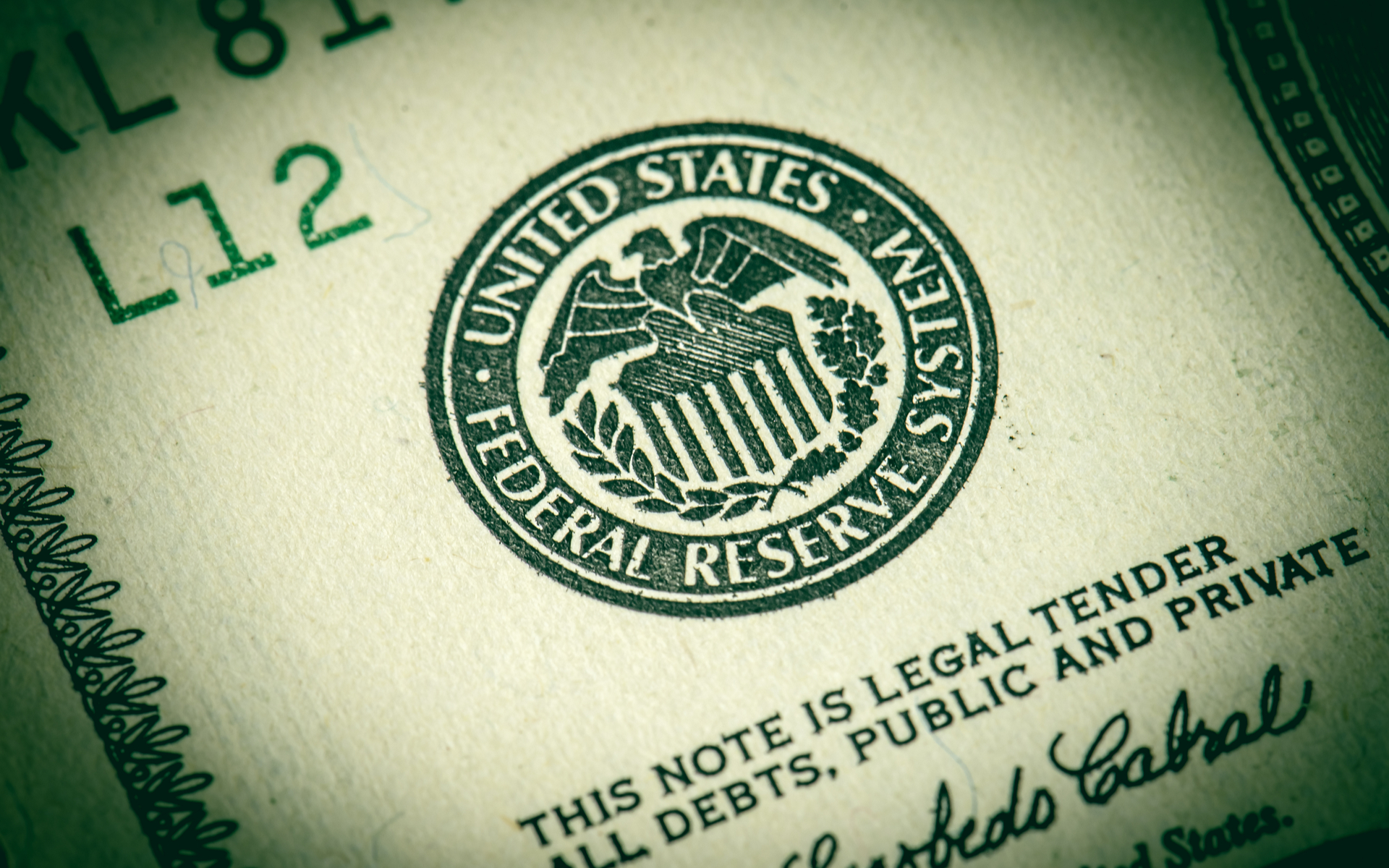PALO ALTO, Calif. (Reuters) - The Federal Reserve is taking a look at a broad series of issues around digital payments and currencies, including policy, design and legal considerations around possibly issuing its own digital currency, Governor Lael Brainard stated on Wednesday. Brainard's remarks recommend more openness to the possibility of a Fed-issued digital coin than in the past." By changing payments, digitalization has the possible to provide greater value and benefit at lower expense," Get more information Brainard said at a conference on payments at the Stanford Graduate School of Service.
Central banks globally are discussing how to manage digital finance innovation and the distributed ledger systems used by bitcoin, which assures near-instantaneous payment at possibly low cost. The Fed is developing its own round-the-clock real-time payments and settlement service and is currently evaluating 200 remark letters submitted late in 2015 about the proposed service's design and scope, Brainard stated.
Less than two years ago Brainard told a conference in San Francisco that there is "no Discover more here engaging demonstrated requirement" for such a coin. But that was prior to the scope of Facebook's digital currency ambitions were extensively understood. Fed officials, including Brainard, have actually raised issues about customer defenses and data and privacy risks that could be posed by a currency that might come into usage by the third of the world's population that have Facebook accounts.
" We are collaborating with other reserve banks as we advance our understanding of reserve garrettozvv352.timeforchangecounselling.com/fedcoin-the-u-s-will-issue-e-currency-that-you-will-use bank digital currencies," she stated. With more countries looking into issuing their own digital currencies, Brainard said, that contributes to "a set of reasons to also be making sure that we are that frontier of both research and policy advancement." In the United States, Brainard stated, concerns that need research study consist of whether a digital currency would make the payments system safer or easier, and whether it might posture financial stability threats, including the possibility of bank runs if cash can be turned "with a single swipe" into the central bank's digital currency.
To counter the financial damage from America's unmatched national lockdown, the Federal Reserve has taken extraordinary steps, including flooding the economy with dollars and investing directly in the economy. Many of these moves got grudging approval even from many Fed skeptics, as they saw this stimulus as needed and something only the Fed might do.

My new CEI report, "Government-Run Payment Systems Are Unsafe at Any Speed: The Case Against Fedcoin and FedNow," information the threats of the Fed's existing prepare for its FedNow real-time payment system, and proposals for main bank-issued cryptocurrency that have been dubbed Fedcoin or the "digital dollar." In my report, I go over issues about personal privacy, information security, currency control, and crowding out private-sector competition and development.
Supporters of FedNow and Fedcoin say the federal government should produce a system for payments to deposit instantly, rather than encourage such systems in the personal sector by raising regulative barriers. But as kept in mind in the paper, the private sector is providing an apparently limitless supply of payment innovations and digital currencies to fix the problemto the degree it is a problemof the time gap between when a payment is sent and when it is received in a checking account.
And the examples of private-sector development in this location are lots of. The Cleaning Home, a bank-held cooperative that has actually been routing interbank payments in different types for more than 150 years, has actually Find out more been clearing real-time payments given that 2017. By the end of 2018 it was covering 50 percent of the deposit base in the U.S.